Is your original work automatically protected by copyright?
Intepat
APRIL 18, 2022
Intellectual property rights (IPR) offer protection and grant exclusive rights to the creator’s work. Copyrights are a form of IPR that offers protection to a wide range of artistic and literary works of a creator. It includes musical works, photographic works, artistic works, motion pictures, and computer programs.

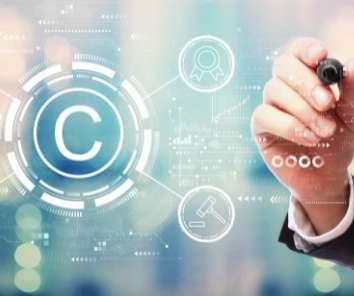
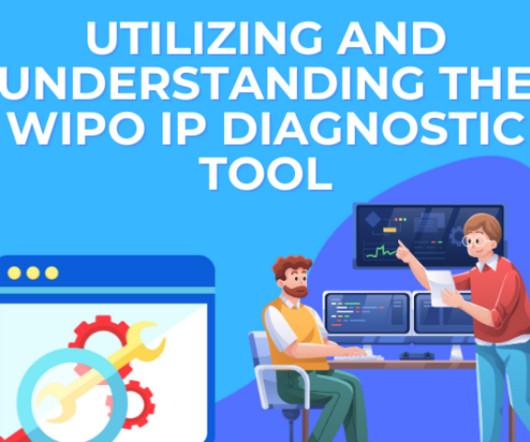
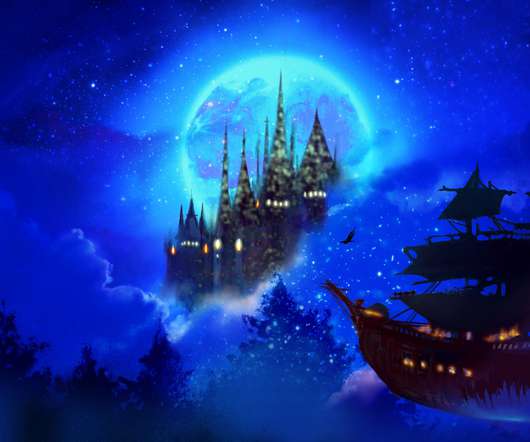
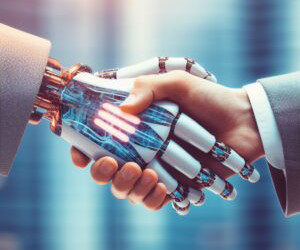
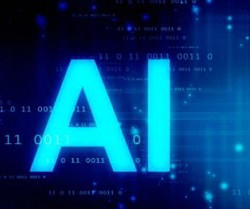
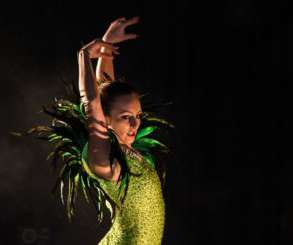
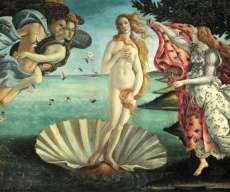
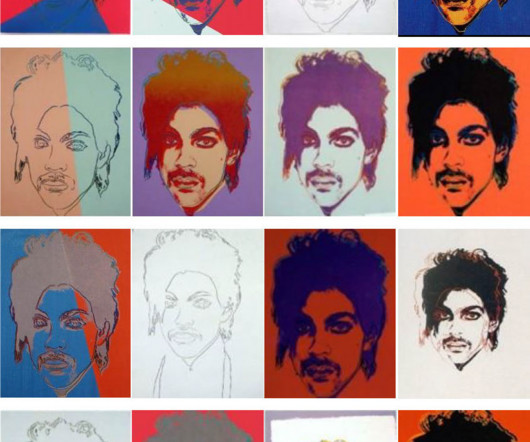







Let's personalize your content